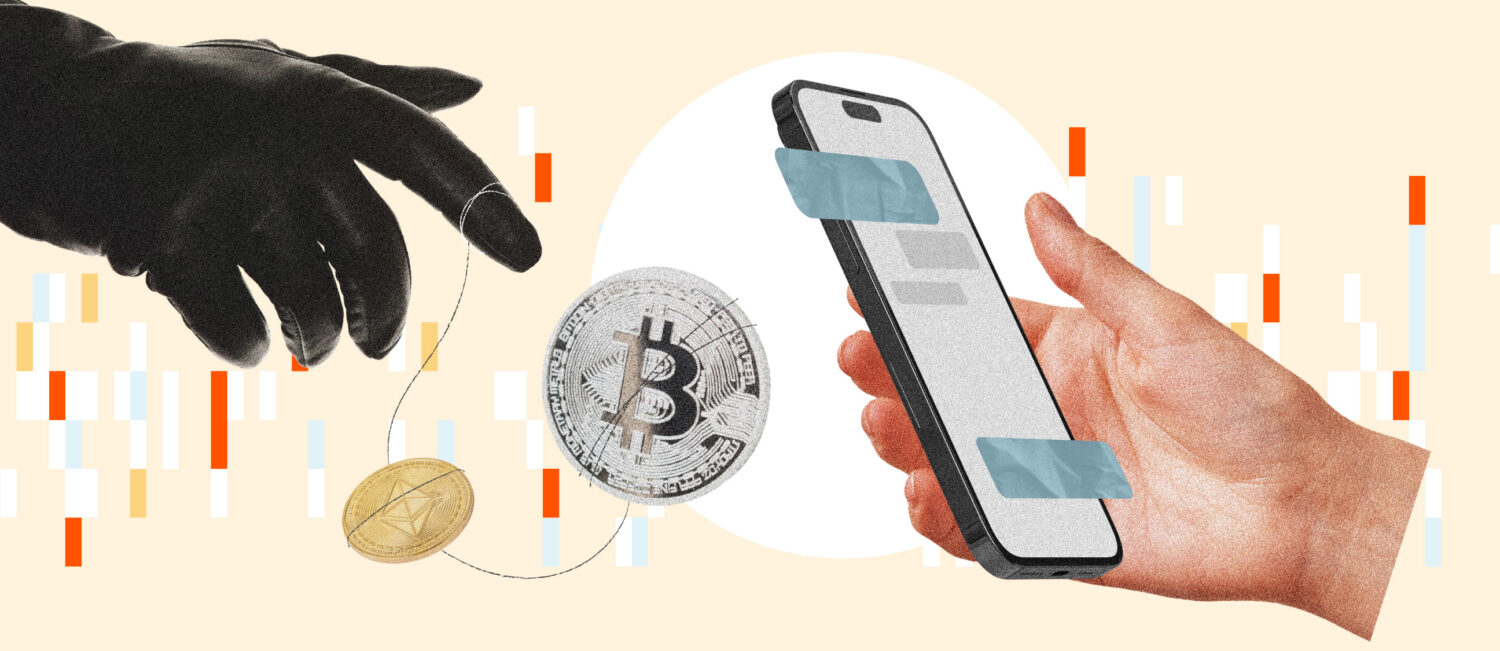In an era where digital interactions dominate, a menacing trend has emerged from the shadows of the online world, preying on unsuspecting individuals through a sophisticated scamming technique known as “pig butchering.” This term, graphic as it might sound, paints a vivid picture of how scammers fatten their targets with promises before making a clean sweep of their finances.

The Mechanics of a Modern Scam
The modus operandi of pig butchering scams is chillingly meticulous. It begins with an innocent-seeming text message sent to the wrong number. Should the recipient engage, what follows is a calculated interaction, sometimes stretching over months. The scammer, often pretending to be a potential romantic interest, slowly lures the victim into the world of cryptocurrency investments. These investments, however, are nothing more than smoke and mirrors. Once the scammer deems their target sufficiently ‘fattened,’ the illusion dissipates, leaving victims financially devastated and their so-called online friends vanishing.
John Griffin, a finance professor at the University of Texas at Austin, highlights the severity and organization behind these scams. “These are large criminal organized networks, and they’re operating largely unscathed,” Griffin explains. His research, conducted with graduate student Kevin Mei, delves into the methods scammers employ to cover their tracks, including complex layers of transactions and the use of multiple cryptocurrencies.

Victims and Victimizers: A Dual Tragedy
In a disturbing twist, Griffin and Mei’s research uncovered that victims of human trafficking are often coerced into participating in these scams. Held in compounds across Southeast Asia, they are forced to execute these financial deceptions on a global scale, victimizing others while themselves being exploited.
Recognizing the Red Flags
Awareness and vigilance are powerful tools in combating pig butchering scams. The financial security website Aura outlines several warning signs to watch for:
- Unsolicited “wrong number” texts that pivot to financial topics.
- The rapid escalation of online relationships with discussions of cryptocurrency.
- Promises of high returns on initial small investments.
- Difficulties in withdrawing invested funds.

What to Do If You Suspect a Scam
If you find yourself entangled in what seems to be a pig butchering scam, the immediate course of action should be to cease all communications with the scammer. Financial institutions should be notified to block further transactions, and reporting the scam to local law enforcement and the FBI’s Internet Crime Complaint Center is crucial. For those deeply affected, seeking counselling can help manage the emotional and psychological toll of such scams. Thankfully, there are instances where justice prevails, such as a recent case in Massachusetts where a victim was able to recover a substantial sum from a prosecuted crypto scam operation.

Staying One Step Ahead
As technology evolves, so do the tactics employed by cybercriminals. Staying informed about the latest scam trends and understanding the underlying strategies used by these scammers can provide crucial protection against the financial and emotional damage caused by pig butchering scams. By fostering awareness and taking proactive measures, we can safeguard our digital and financial well-being against these modern-day predators.










